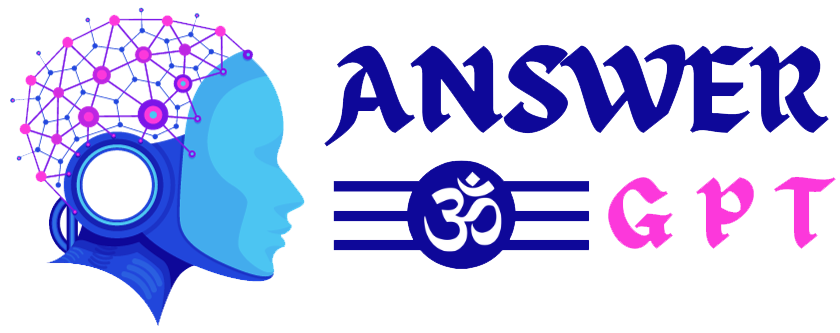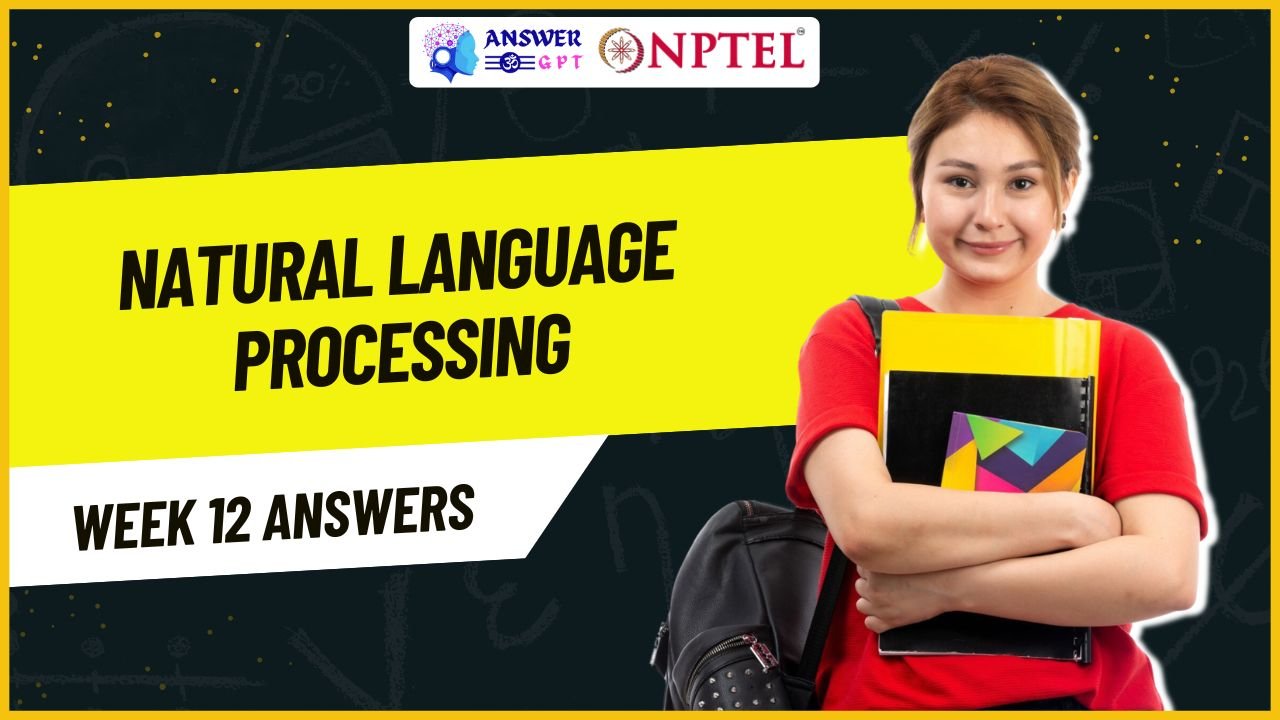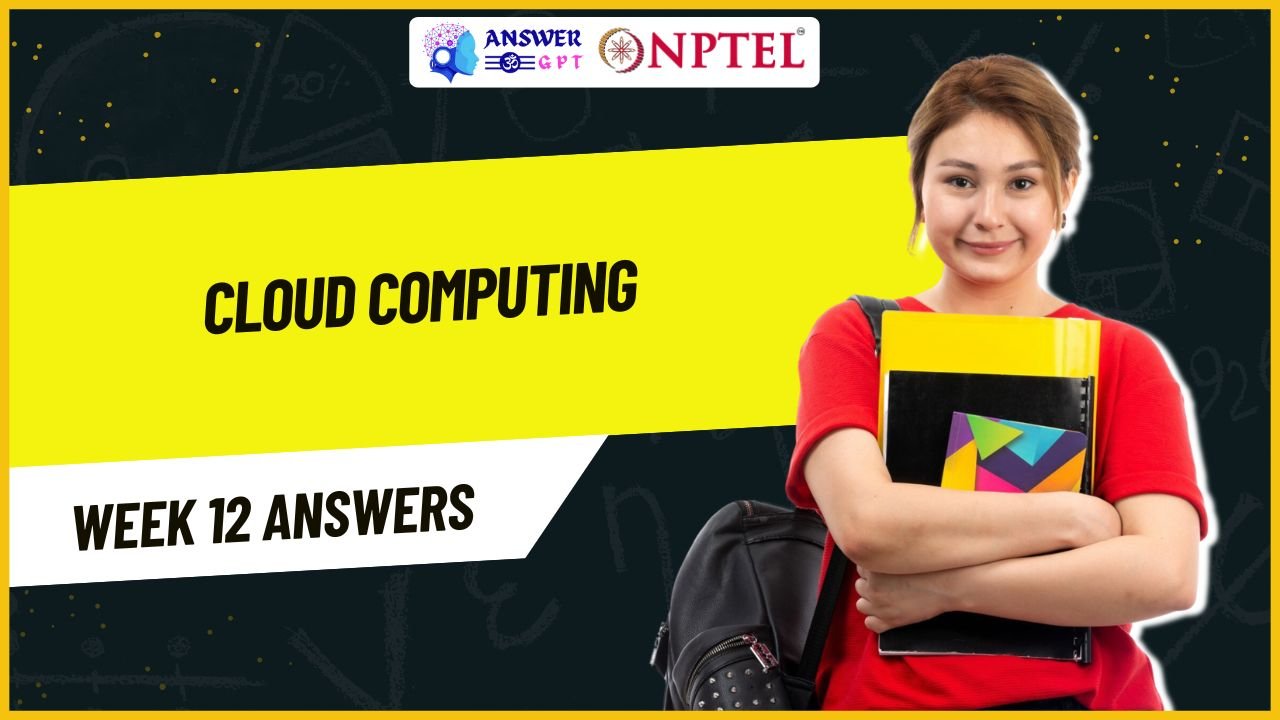Leadership and Team Effectiveness Week 12 NPTEL Assignment Answers 2025
NPTEL Leadership and Team Effectiveness Week 12 Assignment Answers 2024
1. What does research suggest about performance improvement?
- Feedback is not necessary.
- Goals should be vague.
- ✅ Providing feedback is effective.
- Goals and feedback are independent.
Answer: Providing feedback is effective.
Explanation: Research indicates that feedback plays a crucial role in improving performance by helping individuals recognize areas of strength and improvement.
2. Why are specific, observable, and time-limited goals recommended?
- They are easier to ignore.
- They discourage assessment.
- ✅ They facilitate ongoing assessment and feedback.
- They lead to goal failure.
Answer: They facilitate ongoing assessment and feedback.
Explanation: Specific and time-bound goals help track progress and allow for timely feedback and course correction.
3. Which element of constructive feedback involves being straightforward and to the point?
- Helpful
- ✅ Direct
- Specific
- Descriptive
Answer: Direct
Explanation: Being direct ensures that the message is communicated clearly without confusion or ambiguity.
4. What does the element of “Flexibility” in constructive feedback suggest?
- Sticking to rigid opinions.
- ✅ Being adaptable and open to discussion.
- Avoiding feedback altogether.
- Providing vague comments.
Answer: Being adaptable and open to discussion.
Explanation: Flexibility means being open to dialogue and adjusting feedback based on the receiver’s perspective.
5. Constructive feedback should be provided after a significant delay to allow for reflection.
- True
- ✅ False
Answer: False
Explanation: Feedback is most effective when given promptly so that the behavior or action is still fresh in the recipient’s mind.
6. What does an “Advising” response in feedback involve?
- Mirroring the message.
- Asking probing questions.
- ✅ Providing direction, evaluation, or personal opinion.
- Switching the focus of the conversation.
Answer: Providing direction, evaluation, or personal opinion.
Explanation: Advising responses offer specific guidance or judgment to help the person improve or reconsider their actions.
7. How does a “Deflecting” response impact the conversation?
- Focuses on the original problem.
- Mirrors the message.
- Asks probing questions.
- ✅ Switches the focus to a selected topic.
Answer: Switches the focus to a selected topic.
Explanation: Deflecting moves attention away from the current issue, often to shift discomfort or avoid confrontation.
8. What is the primary purpose of a “Probing” response in feedback?
- To impose personal opinions.
- ✅ To acquire additional information and gain insight.
- To provide instructions.
- To reflect the message in different words.
Answer: To acquire additional information and gain insight.
Explanation: Probing helps the feedback giver understand the situation better by asking follow-up or clarifying questions.
9. Why is a “Reflecting” response used in feedback?
- To provide personal opinions.
- To impose control over the conversation.
- ✅ To mirror back the message, communicate understanding, and allow exploration.
- To deflect attention away from the original problem.
Answer: To mirror back the message, communicate understanding, and allow exploration.
Explanation: Reflecting helps the speaker feel heard and understood, and encourages them to explore their own thoughts more deeply.
10. Which aspect is considered a key element in emotional intelligence and can help in understanding the viewpoints of customers, clients, and co-workers?
- Self-Awareness.
- ✅ Practicing Empathy.
- Expanding Knowledge.
- Drawing on Previous Experiences.
Answer: Practicing Empathy
Explanation: Empathy enables one to understand and share the feelings of others, which is vital in emotionally intelligent communication and collaboration.

![[Week 1-12] NPTEL Leadership and Team Effectiveness Assignment Answers 2025](https://answergpt.in/wp-content/uploads/2025/01/Leadership-and-Team-Effectiveness-2025.jpg)

![[Week 1-12] NPTEL Leadership and Team Effectiveness Assignment Answers 2024](https://answergpt.in/wp-content/uploads/2024/01/Leadership-and-Team-Effectiveness-Assignment-Answers-2024.jpeg)


